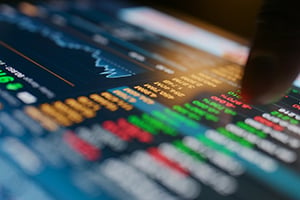Last week, I happily returned to yet another tradition that was disrupted by COVID-19: back-to-school shopping. Although I did not miss paying for the rapidly changing school wardrobes of two teenage girls last year, I welcomed the feeling of normalcy the shopping routine brought to my family. COVID-19 and its associated restrictions have had a huge impact on children—educationally, socially, emotionally, and physically. We’ve all seen this. But did you know that, because of the pandemic, children may grow up to be worse off financially than their parents?













